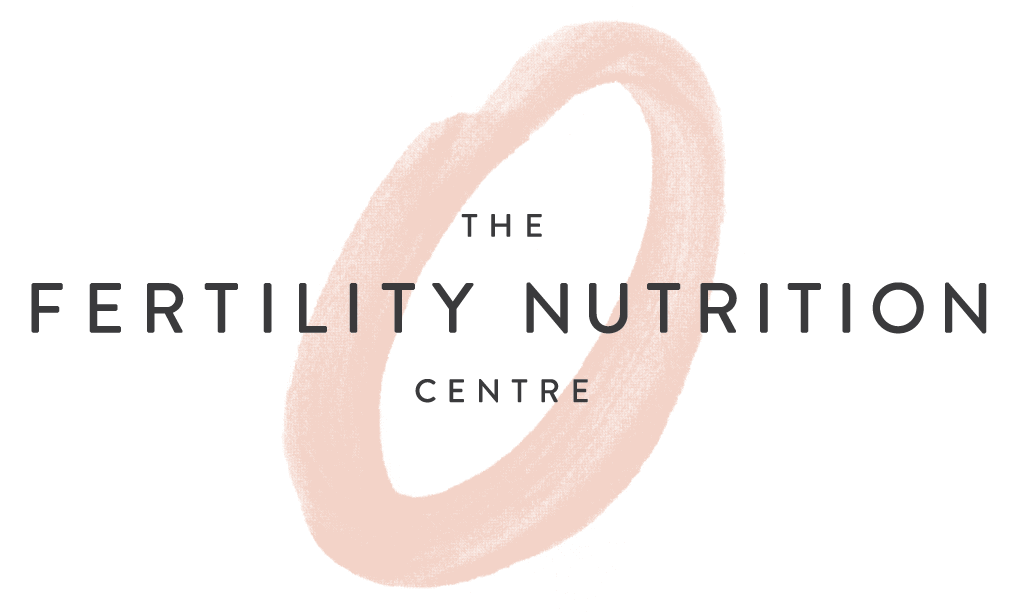
This is a topic that keeps cropping up time and time again: Does stress affect my fertility?
Facing an infertility diagnosis is incredibly stressful in itself, and hearing someone tell you that stress is damaging your fertility will not be helpful in any way!
However, the simple truth is that stress does impact both male and female fertility. We don’t believe in shying away from discussing this fact. Instead, we are here to inform and empower you to take steps to manage and counterbalance any negative impact on your fertility health.
Why does stress affect fertility?
Stress is a natural part of life, but chronic stress can significantly impact our physical and emotional health, including fertility. Both men and women can experience fertility problems as a result of stress, and this is largely due to the body’s fight or flight mechanism.
What even is fight or flight?
We’ve probably all experienced the feeling of stress hormones flooding our system, causing us to want to escape or freeze. This is an evolutionary protection mechanism, and it’s there to alert us to any danger. In a way, it’s a bit of a superpower that you can use to your advantage. When you tune into your body and listen to its reactions in your day-to-day life, you can begin to address your stressors and manage them differently.
When we experience stress, our bodies release the hormone cortisol, which is designed to help us deal with the immediate threat (hence, flight or flight). Cortisol triggers a range of physiological responses that help us respond to the stressor, such as increased heart rate and blood pressure. However, when cortisol levels remain elevated for prolonged periods, it can have a negative impact on our health, including our reproductive health while the body prioritises dealing with a perceived threat.
How does it impact female fertility?
In women, high cortisol levels can disrupt the delicate hormonal balance that regulates the menstrual cycle and ovulation. This can result in irregular periods or even the absence of periods, making it more difficult to conceive. Additionally, chronic stress can reduce the production of the hormone melatonin, which is responsible for regulating sleep patterns. Melatonin is also essential for fertility, as it helps to protect the ovaries from oxidative stress and plays a role in the development of healthy eggs.
And how about male fertility?
In men, stress can interfere with the production of testosterone, the primary male sex hormone that plays a crucial role in the production of sperm. When cortisol levels are raised due to stress, it competes with testosterone for the same precursor molecules needed to produce it. As a result, chronic stress can lead to lower levels of testosterone.
Stress can also affect men’s libido or sex drive and even lead to erectile dysfunction. Decreased libido also leads to lowered sexual desire and performance. This can be particularly challenging for men who are trying to conceive, as it can reduce the frequency of intercourse and lower the chances of fertilization.
Therefore, it is as essential for men as it is for women to adopt some strategies to manage stress levels to improve their overall health and fertility.
If reading this has made you feel more stressed, don’t worry!
It’s impossible to avoid all stress, and we recognize that dealing with infertility is incredibly stressful in itself. However, research shows that the most important thing for your fertility regarding stress is to learn to manage it – not eliminate it.
Here are some of our top tips for managing stress:
- Practice relaxation techniques: Techniques such as meditation, deep breathing, yoga, journaling and massage can help to reduce stress levels and promote relaxation.
- Exercise gently and regularly: Regular gentle physical activity is an effective way to reduce stress levels and promote overall health. Exercise can help to release endorphins, which are natural mood boosters. It’s important to remember that over-exercising also triggers a form of stress response, so the key word here is moderate.
- Get enough sleep: Adequate sleep is crucial for managing stress and supporting overall health. Aim for 7-9 hours of sleep per night and establish a regular sleep routine. For tips, see our blog – Sleep is your very own built-in superpower, but what does it have to do with your fertility?
- Eat a healthy diet: A balanced diet rich in whole, nutrient-dense foods can help to support stress management and overall health. Avoid processed foods, excess caffeine, and alcohol.
- Connect with others: Social support can be an effective way to manage stress. Connect with friends and family, join a support group, or seek the guidance of a professional if needed.
- Manage your workload: Prioritize tasks and set realistic goals to avoid feeling overwhelmed. Consider delegating or seeking additional tasks at work, and learn to ask for help and support if needed.
- Practice self-care: Make time for activities that bring you joy and relaxation, such as reading, spending time in nature, or engaging in a hobby.
- Grounding: Grounding is an activity that can help reset your nervous system, and research shows that just a few minutes each day can make a big difference. You may have heard of Forest Bathing or tree-hugging, but something as simple as putting your feet in the grass if you’re lucky enough to have a garden, or take a moment to pop to the park at lunchtime and taking your shoes off is also helpful. When you’re at the beach, don’t miss the opportunity to let your feet touch the sand.
- Be kind to yourself. Check your internal self-talk and ensure you are not being too hard on yourself. When going through major trauma, you cannot be expected to fire on all cylinders in life.
The bottom line on stress.
Managing stress is essential for maintaining good overall health, including reproductive health. Chronic stress can negatively impact fertility outcomes by affecting hormone production, sperm quality, and sexual function. Therefore, learning effective stress management techniques and lifestyle adjustments to reduce stress levels is essential.
By prioritizing stress management and working with a specialist, individuals can take an active role in promoting their reproductive health and improving their chances of conceiving.
Our team at the Fertility Nutrition Centre can provide personalized nutrition and lifestyle recommendations to support stress management and overall health and work in conjunction with other healthcare professionals as needed.
In honour of April’s Stress Awareness Month, our expert practitioners, Tash Evans and Raquel Monroy, have shared posts highlighting the link between stress and fertility, offering tips and advice about improving outcomes:
Click here to see Raquel’s post.
Click here to see Tash’s post.
What next?
Don’t forget to follow our Instagram page for more fertility nutrition tips from our team of certified practitioners.
Or click here, and head to our directory to book a free introductory chat with a team member.



